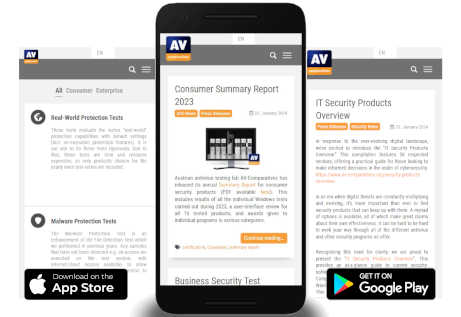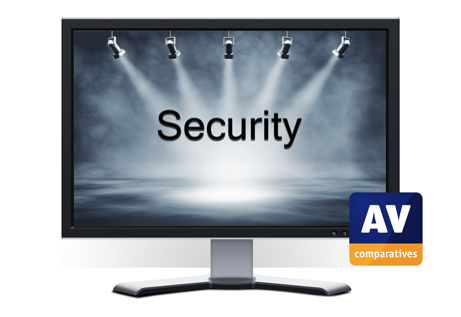Norton and Avira Ethereum Mining: Why Are AV Vendors Offering Crypto Services?
Avira and Norton are now offering customers the ability to mine cryptocurrency – for a fee.
Both AV vendors have introduced a new service which can mine Ethereum whenever a user’s computer is sitting idle. Customers will then be able to deposit any Ether their computer has mined into their own crypto wallet after giving NortonLifeLock, owner of both Avira and Norton, a 15% share of the proceeds. The crypto-mining services offered by both vendors are very similar, with the same rules applying to both Avira Crypto and Norton Crypto.
NortonLifeLock’s venture into crypto is undeniably innovative, allowing it a rare opportunity to bring genuine new value to their clients. Despite its market volatility, the crypto sector is thriving right now and offering customers a controlled and straightforward way to engage with mining Ethereum is a clever move.
However, some users may have questions and reservations. We do not think that crypto mining will become a primary revenue stream for NortonLifeLock or its customers in the immediate future. However, there is a chance that such features prove popular and spread across the industry to become familiar – perhaps even profitable – parts of many different AV products. There is an equal chance that they do not succeed and end up going unused, at best, or annoying customers, at worst.
To help consumers decide whether to start mining crypto using an AV solution and offer vendors guidance on whether to roll out similar features, we have answered some of the questions consumers and professionals are likely to ask about Avira Crypto and Norton Crypto.
Are Avira Crypto and Norton Crypto the Same Product?
They are similar services branded with different names. There have been many mergers in recent years, with one of the implications of takeovers in the AV industry being the release of almost identical products sold under different brand identities.
Will Avira and Norton Mine Crypto Without My Permission?
No. Both companies have been clear about this in their terms of service. Users must opt into Avira Crypto or Norton Crypto. Then they need to enable mining. “You need to manually turn on Avira Crypto on your device,” Avira explained. “As long as you don’t turn on Avira Crypto, it will not mine.” Norton also wrote: “By default, Norton Crypto is turned off. You need to manually turn it on.”
How Do I Remove Avira Crypto and Norton Crypto?
Both services offer a dashboard which can be used to totally switch off mining. This console can pause a current mining session for 1, 4, 8, or 24 hours. Users can also pause the mining until the next restart of your computer. If Avira Crypto or Norton Crypto is switched off, it must be manually turned on to continue mining.
How Much Can I Earn From Crypto Mining?
Not a great deal at this stage. Mining Ethereum has become difficult, meaning the rewards are likely to be low.
How Much Does Avira Crypto and Norton Crypto Cost?
It is free to users of the subscription service Norton 360, Avira Free Security, Avira Antivirus Pro, Avira Internet Security, and Avira Prime users in the United States, Canada, and the United Kingdom. However, miners will have to give Norton and Avira 15% of the Ether they mine and pay for the higher electricity bill. They may also need to pay tax on the revenue gained during mining.
Will Crypto Mining Damage My Computer?
Possibly, yes. This is not the fault of Norton or Avira. There is no getting away from the fact that mining Ethereum requires a lot of processing power. NortonLifeLock’s products deploy the graphical processing unit (GPU) on users’ computers to mine crypto. If a GPU is used at full capacity for extended periods of time it will generate high levels of heat, wear out more quickly than if it was lightly used. Crypto mining will put a strain on your hardware so must be closely monitored. And it works only on high-end computers, so check your spec if want to start mining.
What is the Environmental Impact of Crypto Mining?
Currently, Ethereum mining uses an energy-intensive consensus mechanism called proof-of-work that consumes 73.2 TWh every year, the equivalent of a medium-sized country like Austria. However, Ethereum will switch to Proof of Stake at some point this year, which is much more energy-efficient and so will cut the blockchain’s emissions.
Discover the top-performing and best antivirus products of 2021









